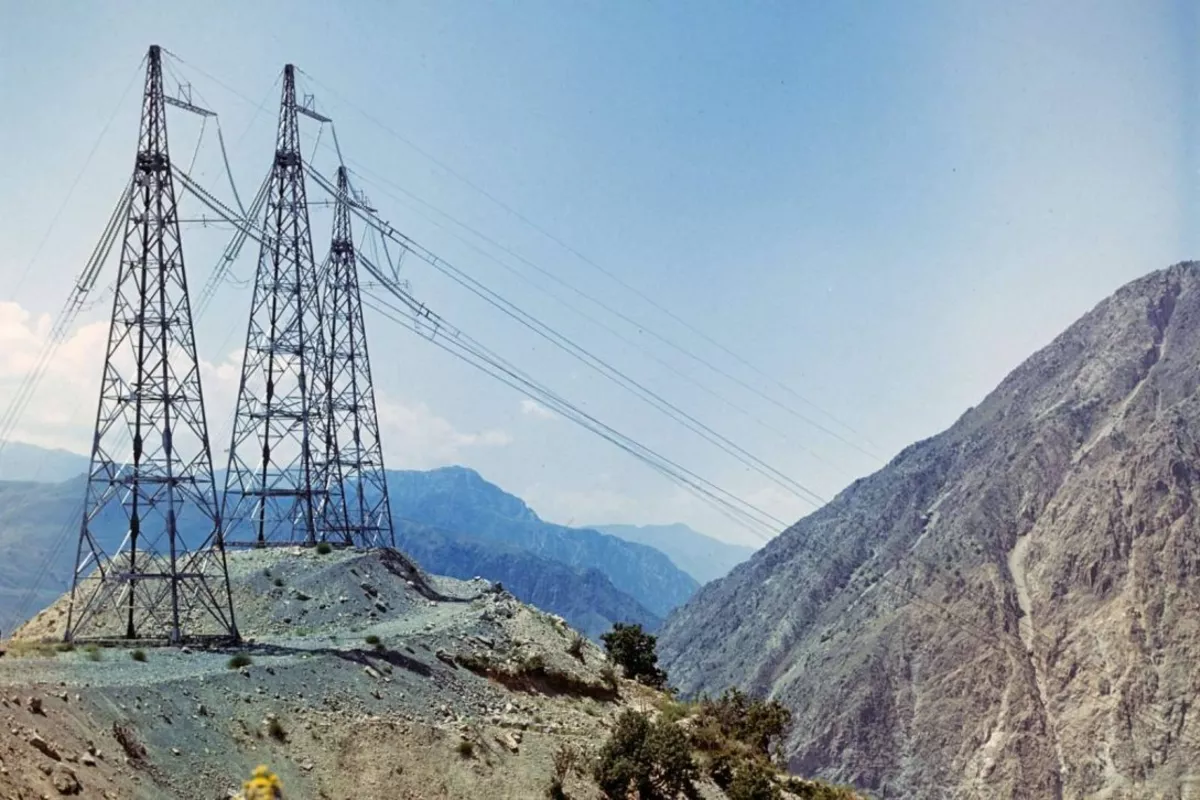
CEO of Afghanistan’s national power company Da Afghanistan Breshna Sherkat Abdul Bari Omar has said that Tajikistan will reduce its electricity exports to Afghanistan by 25 per cent this upcoming winter due to internal energy supply challenges.
Omar explained that Kabul and several provinces currently rely heavily on electricity imports from Tajikistan, The Caspian Post reports via Tajik media.
However, this winter, supplies are expected to decrease significantly compared to last year. Typically, Tajikistan exports around 150 megawatts annually to Afghanistan, but domestic shortages-especially during the colder months-are forcing cutbacks.
Afghanistan depends on imports for more than half of its electricity needs, with roughly 720 megawatts out of 1,500 megawatts coming from Tajikistan, Uzbekistan, and Turkmenistan. Residents in Kabul are already facing longer and more frequent power outages compared to previous years.
Only about 40 per cent of Afghanistan’s population has access to electricity, making any disruption in imports critically impactful for daily life and economic activity.
According to Tajikistan’s Ministry of Energy, in the first half of 2025, Tajikistan exported 718 million kilowatt-hours of electricity to Afghanistan, valued at 312 million somoni (approximately $33 million). This accounts for nearly 64 per cent of Tajikistan’s total electricity exports during this period. Annually, Tajikistan exports about 1.5 billion kWh to Afghanistan.
Most electricity exports occur in spring and summer when domestic demand in Tajikistan is lower. During fall and winter, Tajikistan faces acute power shortages. Last winter, residents in many regions of Tajikistan received electricity only three hours in the morning and five hours in the evening, with power rationing affecting households and businesses since late September.
Electricity exports to Afghanistan are regulated by a 20-year bilateral agreement signed in 2008, with annual protocols that set delivery volumes and prices for the coming year.
Tajik officials emphasize that most exports occur during warmer months. In winter, limited power is supplied mainly to maintain grid operations and critical infrastructure in Afghanistan.
Share on social media